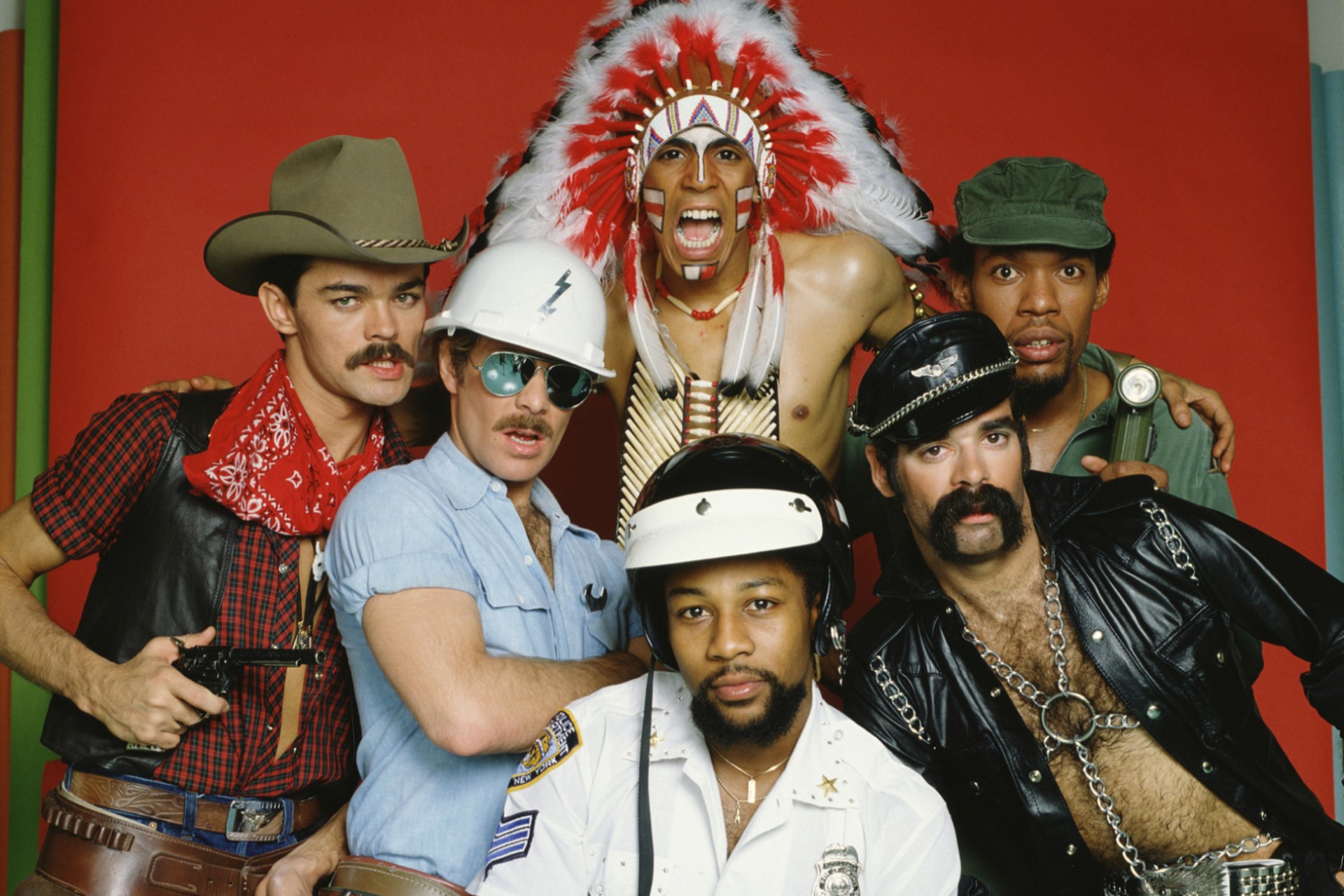Is the midlife crisis a real thing?
Being in your forties is often associated in the collective imagination with a period of crisis and upheaval. But is it a myth for screenwriters in search of inspiration or an observable reality? And if so, what is it really about? We will explain everything to you.
At the age of forty, individuals frequently have the impression (rightly or wrongly) that their youth, perceived as a golden age, is finally slipping away. This can lead to personal questioning, even a deep crisis.
@Roberto Nickson / Unsplash
As Victor Hugo said in the 19th century: "Forty is the old age of youth, but fifty is the youth of old age." However, the length and quality of life have greatly progressed since the 19th century: we are acttually still very young at forty!
Despite the changes in society, entering forty still marks a symbolic turning point in life. According to the psychoanalyst Elliot Jaques, who coined the concept of the "midlife crisis" in the 1960s, this period of "constructive resignation" makes it possible to overcome the idealism of youth.
Photo: Isabell Winter / Unsplash
More specifically, the midlife crisis is commonly associated with certain myths, whether they're about violent professional or personal ruptures or a desire to make the most of life through extreme acts, reminiscent of adolescence.
Photo: Seth Doyle / Unsplash
As sociologist Véronika Kushtanina, who works on the subject, indicates to 'Slate', the idea of a crisis at this age "is very rooted in representations. This chronological age mark seems to have an influence on people and to cause reflections, sometimes bifurcations." Would the midlife then be a self-fulfilling prophecy? Something that happens to you exactly because you hear everywhere that it is supposed to happen?
Photo: Rhett Wesley / Unsplash
The reality of a change is, however, clearly perceived by people who reach this age. A woman quoted by 'Slate' said: "I know it doesn't make much sense objectively, you don't wake up in the morning of your 40s having grown old. However, that's kind of what I felt."
Photo: Stefano Pollio / Unsplash
For Johanna Rozenblum, a clinical psychologist also quoted by 'Slate', the phenomenon is visible in therapy consultations: "40 years is a life marker that symbolizes a turning point. There is the idea of a before and an after, that we begin a new cycle of life."
Photo: Bruno Nascimento / Unsplash
According to an American study cited by the same media, 53% of participants in their 40s said they had experienced a crisis at this age, compared to 49% of 30-somethings and 44% of people between 20 and 29 years old.
Photo : Antenna / Unsplash
However, scientific research reminds us that our forties are a period of mostly positive changes, especially on an emotional level. For example, a study on a sample of women aged 43 to 52 showed that as they grow older, they become less critical of themselves, more confident, more responsible, and more determined.
Photo: krakenimages / Unsplash
For a 43-year-old man quoted by 'Slate', his crisis is "not very interesting from a journalistic point of view because it is essentially internal, and does not translate into actions or dramatic changes." We are far from the stereotypical imagination of the forty-year-old who suddenly buys a Porsche and starts parachute jumping.
@Unsplash / Anthony Tyrrell
But the entry into forty does correspond to an average age where one takes stock of the years passed on the professional, sentimental, family, or social level. Without forgetting to continue to plan for the future!
Photo: Hunters Race / Unsplash
"We realize that there are things that we will no longer be able to do and that we are subject to more constraints. So there can be a nostalgia for the time when everything seemed possible," Johanna Rozenblum adds.
Photo: Milada Vigerova / Unsplash
In contemporary societies, marked by an increase in professional evolutions and separations, becoming a 30-something is in practice often a period of bifurcation in life choices. Or rather, the beginning of a second adult life.
Photo: Khara Woods / Unsplash
It can also be marked by a sense of urgency in all areas of life. A recurring subject is a renewed desire to flirt, please and seduce at this age. Other 40-somethings say that it is 'now or never' to develop their careers.
Photo: Edward Cisneros / Unsplash
The prospect of aging also has the effect of pushing people in their forties to pay more attention to their bodies. As Véronika Kushtanina points out: "Surprisingly enough, these are statements often made by men from all social backgrounds, from executives to truck drivers. They then tend to reduce their alcohol consumption, play sports, watch what they eat, etc."
Photo: Aatik Tasneem. / Unsplash
Another problem faced by many 40-year-olds is the perception of being part of a "sandwich generation," between, on the one hand, their parents who are aging and have health problems, and, on the other, children who have not yet become adults. This can double your family expenses, both in time and money.
Photo: Juliane Liebermann / Unsplash
But what does science say about the midlife crisis? For one, it has been documented in a study by the University of Warwick, England, with unequivocal results.
Photo : Nathan Dumlao / Unsplash
Of the 50,000 people polled in the survey, a majority said they were happy until the age of 40 and became happy again as they got older. But the opposite was felt by people in their forties, which would prove the existence of a U-shaped curve of happiness according to the stages of life.
Photo : whoislimos / Unsplash
However, other researchers have refuted the work of the University of Warwick. The psychologist Christophe Fauré, quoted by 'Les Échos,' indicates that "the vast majority of people do not have a crisis" at this age but are simply going through a period of transition.
Photo : JacksonDavid / Unsplash
According to an article in 'Live Science,' also mentioned by 'Les Échos,' the midlife crisis is not a fact determined by biological factors. It would rather find its origin in personal circumstances such as family, professional, or health problems.
Photo: Bruce March / Unsplash
Be that as it may, the key is to perceive life in an optimistic way: your forties are a period when the field of possibilities remains fairly open, but when an adult has acquired enough maturity to project themselves into the long term. In other words, it's the perfect time to explore new possibilities or to reinvent your life!
Photo: Kevin Delveccchio / Unsplash

































